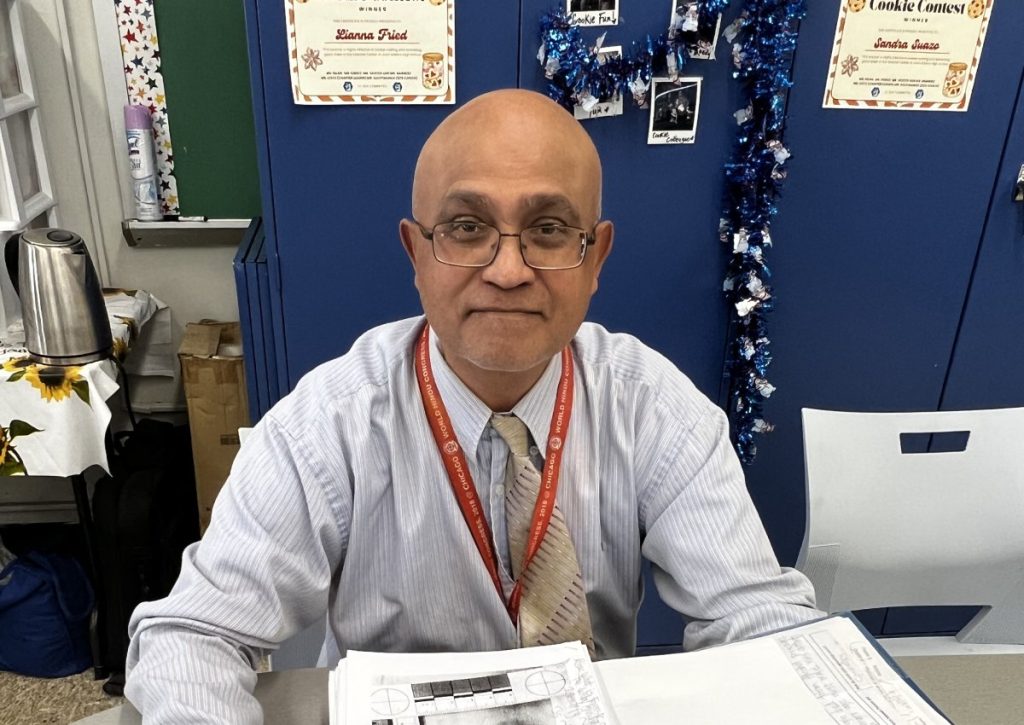An opinion survey of adults being conducted by this writer finds corruption (and or its perception) as a growing and worrying concern among Guyanese that will impact on the 2025 election. The public feel that corruption pervades almost every aspect of governance and has not been confined to this administration but also widespread among the preceding APNU+AFC coalition. The survey finds everyone complaining about corruption among politicians (at all levels of government, even down to the NDC that seemingly are starved of resources) and other high politically connected functionaries, civil servants, bureaucrats, and police, among others. Among the few politicians who the public feel is not corrupt, not on the take, are Dr. Vindya Persaud, Dr. Frank Anthony, and Gail Texeira. They and a few others are described as beyond reproach. People say they don’t solicit bribes and are not on the take. In addition, people say they show compassion for the poor but are powerless in handing out contracts and overseeing contracted works.
The public is of the view that politicians (in government) and police, regardless of which party in office, with rare exceptions among both, are extremely corrupt. In general, people feel police are corrupt. Very few ranks in the police are not perceived as collecting bribes. Almost every motorist interviewed said he or she came into contact with a police officer who sought or accepted a bribe to make a traffic offense disappear; some offenses were real and others contrived to fetch a bribe. Even police complain about other police in taking bribes. High police ranks are known to make serious criminal offenses disappear or close their eyes to crimes with ‘the right offering’.
People stated that several, but not all, Ministers, names mentioned, other high functionaries, bureaucrats, ranking police and civil servants, many names mentioned, have companies that do business with government agencies and or engage in contracting work. Some contractors and several business persons also complain about corruption that they say is affecting the fabric of the nation. Some (competent, efficient, honest) contractors said they refused to give a bribe or kickback and have been denied work. The corrupt usually sought a percentage of the contract as a kickback. The contractors don’t have a choice but to give in to the demand in order to get the contract. Some interviewees pointed out that some Ministers and high government functionaries and police officials, with names given, have multiple companies (under names of others) that have been engaged in government contracting, taking work away from legitimate and serious contractors who are interested in national development as opposed to others who pursue contracts to fatten their pockets.
The public welcomed the measures, such as cancellation of visas and deportation of the corrupt when they visit the USA, being taken by the American government to counter corruption among Guyana government officials, business persons, and high ranks in the police. Mainstream and social media are replete with names of individuals whose visas were believed to have been revoked by the US. “Good for dem”, was a common response among the public that also feels the visas of other corrupt government functionaries, business persons, and police should also be cancelled. They feel since investigations have not been conducted and local criminal charges not filed against the corrupt, then the American government should urgently indict the corrupt and seek their extradition to face justice in USA.
Everybody is deeply worried about the impact of corruption on development and on lifting the standard of living of the poor who comprise almost 50% of the population who can’t afford three meals a day while a few are over eating. The public intoned that the level of corruption in the country is unbearable and unsustainable and appeal to the Vice President and others in authority to crack down on the corrupt in government and the police and cancel (withhold) contracts of corrupt business persons.
They public reminded interviewers and this writer that corruption (or its perception) played a decisive role in the elections of 2011, 2015, and 2020 and will be a major factor in how they vote in the coming 2025 election.
